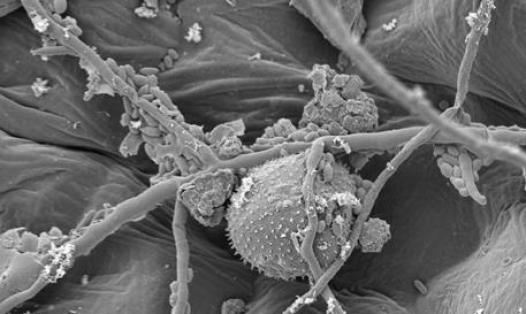


While DNA takes a long time to evolve, the epigenetic programming that activates and silences our DNA is more malleable. Thus humans can exploit epigenetics to adjust rapidly to changing environments, by activating genes that facilitate adaptation to pathogens and climates, etc. Consistent with this, some genomic regions show highly variable methylation across individuals, with evidence that such variation is controlled by alleles at specific genetic loci. This project will develop statistical software to identify such loci and determine whether they are undergoing selection, applying it to unpublished genome-wide methylation and genotype data from over 250 Gambians and >700 Indians.